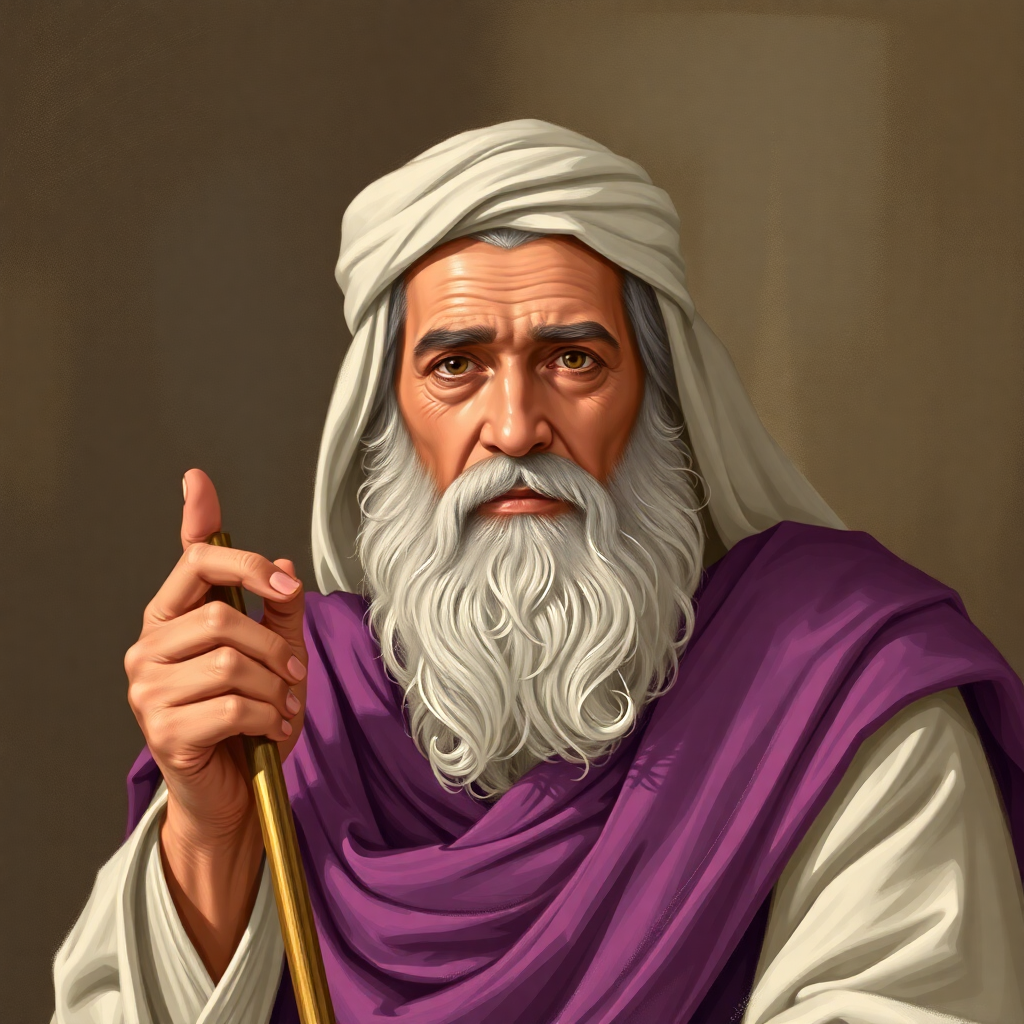What is a prophet in the Bible?
A common misconception is that prophets are only predictors of the future. In reality, their messages focus more on “forth-telling” than “foretelling.” Forth-telling involves proclaiming God’s truth about current circumstances—calling people to repentance, justice, and faithfulness.
Throughout the pages of the Bible, prophets play a pivotal role in the unfolding story of God’s relationship with humanity. A prophet is not simply a predictor of the future, but rather a person chosen by God to be His spokesperson. Prophets are called to deliver God’s messages to individuals, communities, or entire nations, often in times of crisis, moral decay, or transition. Their primary role is to communicate God’s will, whether it involves encouragement, warning, guidance, or revealing future events.
Characteristics of Biblical Prophets
Biblical prophets come from diverse backgrounds—some are priests, others shepherds, while a few are royalty. Regardless of their origin, they share certain characteristics. First, prophets have a clear and compelling sense of calling. The Hebrew word for prophet, “navi,” means “one who is called” or “one who announces.” Many prophets, such as Moses and Jeremiah, initially resist their calling, feeling inadequate or fearful, but God reassures and empowers them for their task.
Second, prophets are characterized by their intimacy with God. They receive revelations through visions, dreams, or direct communication. This relationship often sets them apart from their contemporaries and sometimes leads to loneliness or opposition. For example, Elijah faced intense persecution, and Jeremiah was imprisoned for his message.
Third, prophets demonstrate courage and integrity. They often deliver unpopular messages that challenge the status quo, confront kings, or rebuke societies for injustice and idolatry. Their loyalty to God’s truth supersedes personal safety or popularity.

Major and Minor Prophets: What’s the Difference?
In the Old Testament, prophets are traditionally divided into two groups—Major and Minor Prophets. This distinction does not reflect their importance, but rather the length of their biblical writings. Major Prophets, such as Isaiah, Jeremiah, Ezekiel, and Daniel, have longer books attributed to them. The Minor Prophets, like Hosea, Amos, and Micah, wrote shorter books, but their messages are equally significant.
While some prophets left behind written records, others, like Elijah and Elisha, are known primarily through narrative accounts of their deeds. Both written and spoken prophecies serve to communicate God’s purposes and reveal His character.
The Prophet’s Message: Forth-telling and Foretelling
A common misconception is that prophets are only predictors of the future. In reality, their messages focus more on “forth-telling” than “foretelling.” Forth-telling involves proclaiming God’s truth about current circumstances—calling people to repentance, justice, and faithfulness. Foretelling, or predicting future events, is also present but typically serves to affirm God’s sovereignty and to encourage or warn God’s people.
Prophets frequently address issues of social justice, idolatry, and covenant faithfulness. Their words often include calls for repentance and return to God. They remind people of God’s promises and warn of consequences for disobedience, but also offer hope of restoration and redemption.
Prophets in the New Testament
The prophetic tradition continues in the New Testament, though the role evolves. John the Baptist is often seen as the last prophet of the Old Covenant, preparing the way for Jesus. Jesus Himself is described as a prophet, though He is more than that—He is the Son of God. After Jesus’ resurrection, the gift of prophecy continues in the early church, as seen in figures like Agabus and in Paul’s writings about spiritual gifts.
Conclusion: The Enduring Legacy of Prophets
Prophets in the Bible are much more than fortune-tellers. They are courageous messengers, committed to communicating God’s words no matter the cost. Their lives and messages challenge readers to listen for God’s voice, pursue justice, and remain faithful. The legacy of the prophets continues to inspire believers to seek a deeper relationship with God and to live according to His purposes.